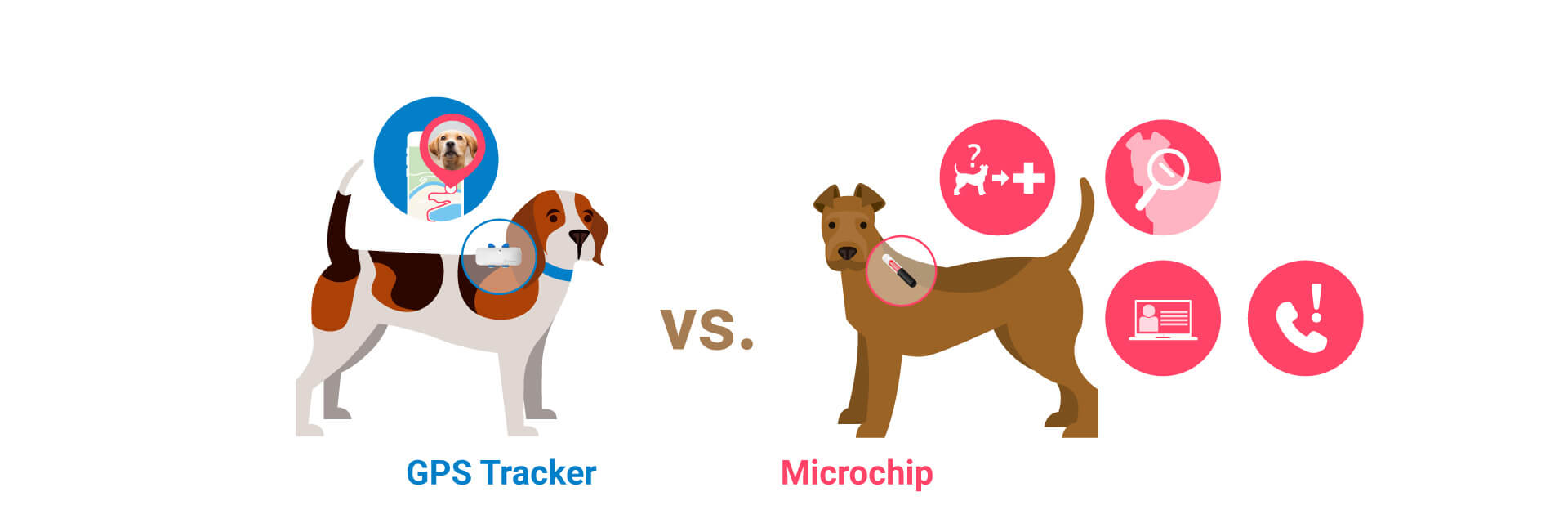Pet Insurance For A Puppy: Peace Of Mind From The Start
Be prepared for your puppy’s arrival with pet insurance.

Your new puppy is coming home! You’ve purchased nutritious food, a fluffy dog bed, and cute little chew toys. But now you’re wondering if you should get pet insurance for a puppy. Read on to learn more about the benefits of puppy insurance. And while you’re here check out our full guide to how pet insurance works.

Always know your buddy is healthy & safe
Read more- Why do you need to insure your puppy?
- How soon can I get puppy insurance?
- What type of insurance to get for a puppy?
- Does puppy insurance cover vaccinations?
- Microchipping puppies
- What if my puppy hurts someone or causes an accident?
- Develop healthy habits to keep your pup in top condition
- Puppy insurance can give you peace of mind
Why do you need to insure your puppy?
Puppies are simply adorable and brighten up your day. But it costs money to keep your puppy healthy. Just paying the bills for regular vet visits, annual vaccinations, and routine tests can be a challenge.
But what if your sweet puppy needs emergency veterinary treatment because they chewed on a toxic plant, swallowed a shoelace, or got bitten by another dog? A huge veterinary fee could force you to dip into your savings to provide life-saving care for your little furball. How will you pay for it?
Puppy insurance can help with those massive vet bills and eliminate the need to empty your bank account just to care for your pet. Instead, you pay a small monthly fee for puppy insurance and your worries about unexpected vet bills are over.
How soon can I get puppy insurance?
Once you decide to get a new puppy, start researching puppy insurance options and the benefits of getting pet insurance. Review and compare policy documents and insurance quotes carefully to learn exactly the type of cover they provide. Once you choose the policy that fits your lifestyle and your budget, you’ll be ready to activate the policy when your puppy comes home for the first time.
Do I need pet insurance before I pick up my puppy?
Some pet insurance policies have a two-week lag time effect before they coverage begins, so it may be a good idea to activate this type of policy a few weeks in advance of your puppy’s arrival. This ensures that your little puppy is covered from the minute your pick them up.
What type of insurance to get for a puppy?
Once you begin researching pet insurance, you’ll see that you have a wide array of options. You need to decide what works best for your situation and your finances.
You can purchase Accident Coverage for traumatic injuries like broken bones, bite wounds, poisoning, or swallowing foreign objects. Illness Coverage takes care of costs associated with infections, allergies, or parasites, to name a few. Many pet parents bundle Accident and Illness policies for more complete coverage and peace of mind.
Accident and Illness policies don’t include routine care like annual exams and vaccines. For this type of benefit, look for Wellness Coverage option. Some insurance includes dental coverage as well, but not all policies cover dental procedures. Read your insurance documents carefully to know exactly what’s covered. Cover levels may vary widely among providers.
Time-limited insurance cover may be a good option for short-term incidents or illnesses. Lifetime dog insurance and Maximum Benefit can cover the cost of treatment for a condition that requires treatment for several years. Consider Lifetime Cover if you are buying dog or cat insurance when your pet is very young. A Lifetime policy could save you money over the life of your pet.
Tip: When researching your insurance options, ask if the company offers a multi-pet insurance policy. You might get a multi-pet discount if you insure several dogs, cats, and other pets.

Keep track of your dog’s daily adventures
Follow every step with unlimited range Live Tracking. Get alerts if they wander too far. Keep them happy & healthy with Activity & Sleep Monitoring. Get Health Alerts if something seems off.
Does puppy insurance cover vaccinations?
Pet insurance doesn’t cover everything related to your dog or cat’s health care. For example, routine care like vaccinations is not usually covered unless you opt for a Wellness Coverage add-on. However, if your puppy is not vaccinated and becomes sick from a vaccine-preventable illness, treatment may not be covered, even if you have Illness Coverage.
Most pet insurance policies do not cover pre-existing conditions. That’s why it’s a good idea to buy pet insurance when your puppy is very young – you’ll save money and might avoid pre-existing condition exemptions.
Certain purebred dog breeds are prone to genetic health conditions. For example, dogs with short muzzles are pre-disposed to brachycephalic airway syndrome. Therefore, vet visits will be more frequent for these breeds and your dog insurance policy may cost more than it would for mixed-breed puppies.
Microchipping puppies
Dog insurance policies may offer a discount if your puppy is microchipped, but the cost of getting your dog microchipped is not covered and must be paid out of pocket.
If your dog is prone to escaping, microchipping is essential to getting the pup reunited with you. With microchipping, a small transmitter the size of a grain of rice is inserted under your puppy’s skin. A veterinarian’s office or animal shelter can scan the transmitter to read your name and phone number and return your lost pet to you.
In the UK, microchipping is required for all puppies over eight weeks old. Talk to your veterinarian about microchipping your puppy at their first checkup.
Don’t confuse a microchip with a GPS tracker – dog microchips don’t contain any GPS technology so you can’t track your pup with them.

What if my puppy hurts someone or causes an accident?
As a dog parent, you are responsible for your puppy’s behavior and actions. That’s why we recommend training your dog or puppy with basic obedience commands. This way, they’ll stay safe and avoid hurting other dogs or people.
What if your puppy bites another person or dog, damages someone’s property, or causes an accident? You would be liable for the damages. But if your dog insurance includes third-party liability cover, your insurance would help pay for any claims. Make sure your dog insurance includes third-party liability cover to take care of claims for damages that are made against you.
Develop healthy habits to keep your pup in top condition
No one wants to see their furry friend become ill or get in an accident. Keep your puppy in good health throughout their lifetime by feeding them nutritious food, providing exercise and mental stimulation, keeping your dog at a healthy weight, using a lead when walking your pup, and keeping up regular vet visits.
Puppy insurance can give you peace of mind
Dog insurance costs are reasonable compared to laying out large sums of money for accidents and illnesses. If dog insurance can cover most of the cost of veterinary treatments, you’ll be able to better manage your finances. (Instead of getting hit with large vet bills.)
The instant peace of mind you feel when buying your puppy insurance will help you enjoy your darling pup even more!



